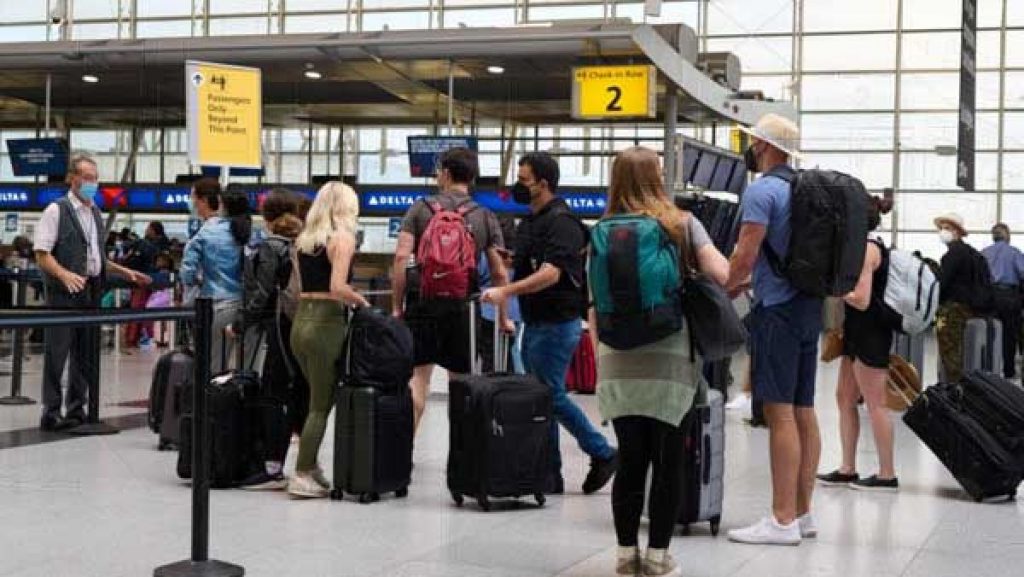In Gujarat’s Jamnagar, a man who returned from Zimbabwe was found to be infected with the Omicron variant of coronavirus, according to the state health department. This is India’s third Omicron case.
According to the state health department, the sample of the Jamnagar resident, a 72-year-old man, was sent for genome sequencing after he tested positive for COVID-19 on Thursday, and Gujarat health commissioner Jai Prakash Shivhare confirmed that the man was infected with Omicron.
Gujarat officials are tracing and testing people in the micro-containment zone where the Omicron-infected man is staying.

“We’ve isolated him and are keeping an eye on him. His living quarters have been turned into a micro containment zone. We will conduct tracing and testing of people in the area “Gujarat’s Health and Family Welfare Department’s Additional Chief Secretary, Manoj Aggarwal, told news agency ANI.
A 46-year-old fully vaccinated doctor from Bengaluru who had no travel history and developed symptoms of fever and body ache, and a 66-year-old South African national who arrived in India with a negative COVID-19 report are the other two cases in India.
Since the Omicron variant was discovered in South Africa, the country has increased testing and surveillance of all incoming international passengers, particularly those from at-risk countries.
According to the World Health Organisation, determining whether Omicron is more transmissible and causes more severe infections, as well as how effective current treatments and vaccines are against it, could take weeks.
However, the new variant has already cast doubt on the world’s recovery. The variant has now been detected in more than two dozen countries, including India.
The Health Ministry said on Friday that thanks to vaccinations and high prior exposure to the Delta variant, which infected nearly 70% of the population by July, the Omicron variant is expected to cause less severe disease.
Almost half of India’s 944 million adults have received all of their vaccines. In the face of Omicron, the government is pushing for more people to get inoculated, with as many as 84 percent having received at least one dose. More than 125 million people are now eligible.
The disease’s severity is expected to be low due to India’s rapid vaccination rate and high exposure to the Delta variant. Scientific evidence, on the other hand, is still evolving, according to the Ministry of Health.



